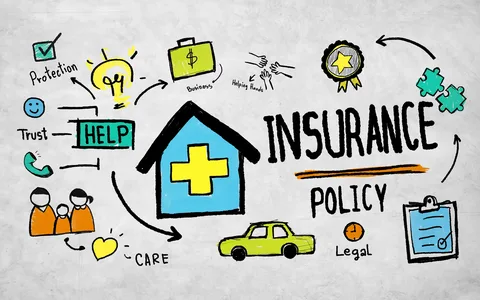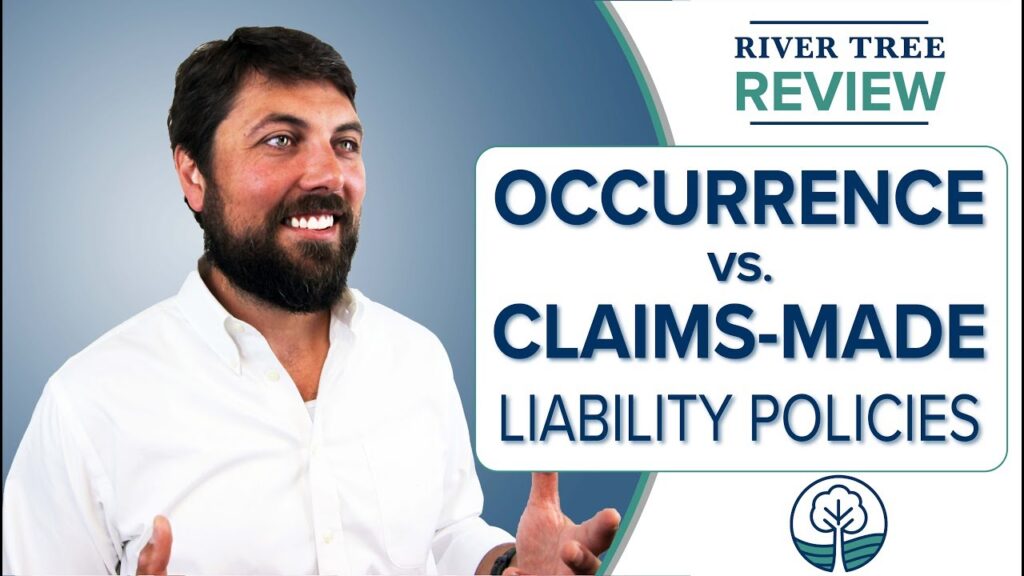
Occurrence vs claimsmade insurance cover different things and cost different amounts. Research what each type of coverage covers before you buy your small business insurance.
Before you buy a policy, it’s important for small business owners to know the difference between event and claims-made insurance.
The two types of policies can change how much you pay for coverage and how long some of the most popular types of small business insurance last Occurrence vs claimsmade insurance. General liability insurance, for instance, is usually sold as a “occurrence” policy. On the other hand, errors and omissions (E&O) insurance, directors and officers (D&O) insurance, and professional liability insurance are usually sold as “claims-made” policies.
What does an event-based policy mean?
If the loss happened within the time frame of your policy, you will be covered by the occurrence-based insurance. You can make a claim with your insurance company as long as you had insurance at the time of the accident. “Long-tail” events, or things that don’t lead to cases or claims right away, are usually covered by “occurrence coverage.”
Most people need occurrence-based plans for longer periods of time, like general liability insurance, business car insurance, and umbrella liability insurance. For example, if you get into a car accident at work while your policy was still live but don’t notice one of the effects of the accident until years later, you could still file a claim with your insurance company, even though your policy was no longer valid.
Why do you need a claims-made policy?
Once you file a claim during the insurance time, a claims-made policy will cover you. If an insured event happened after the policy’s back date, your insurance company should pay for it. When you make a claim while your insurance is still current, your claims-made coverage covers them. You won’t have insurance if you quit your policy or if you forget to pay your payment, which results in the insurer canceling it.
A claims-made contract is often seen in D&O insurance and professional liability insurance, which is also known as E&O or malpractice insurance. Because they cost a lot, policies like medical malpractice insurance are usually sold as claims-made policies. However, businesses may be able to get lower average rates if they are sold as an occurrence-based policy.
Coverage of more reports and past acts
If something bad happened before your policy began, your insurance company will not pay for it. You will need past acts covering instead. Starting with the date your policy went into effect, this coverage will protect you.
For some claims-made plans, some insurance companies let you buy an extended reporting period (ERP) or “tail coverage.” With an ERP, you can help your policy pay claims even after the policys expiry date. An ERP, on the other hand, only covers losses that happened during the last insurance time and for which you need to make a claim now.
Prior acts coverage and tail coverage can give you more peace of mind because they protect your business more.
Policy limits: made claims vs. events
You have to choose how much safety you need with your sum limit before you buy an insurance. This is the amount of coverage you have for all cases in the future. The most your insurance company will pay for a certain event is called the “per-occurrence limit.”
When you use frequency insurance, your annual cap is reset. Take the case of buying a $1 million occurrence-based general liability insurance as an example. A $1 million lawsuit is filed against you in the first year. Your policy will cover you for another $1 million when it renews at the start of the second year.
In short, as long as you keep extending your occurrence-based policy, it will cover you well. You’ll usually have to pay more than you would for a claims-made policy for this benefit.
The amount of coverage you buy with a claims-made policy must last as long as you own the policy. In this case, if a client sued you for $1 million in the first year and you had a $1 million claims-made insurance, it would not protect you any further. You would not be covered if you don’t raise your insurance amount in the second year.
Which is better: claims made or events that happened?
Are event policies better than claims-made policies? It depends on the needs of your business.
It is easier to own rules that are based on events.
In contrast to plans that only cover claims made, you will still be able to file claims for work you’ve already done when you switch insurance.
Policies that are based on events also give people more peace of mind.
You won’t have to worry about a big claim going over your limit because you get a new sum limit every time you renew your coverage.
Initial rates are lower for plans that pay claims.
This can be a problem when you remove them or change to a policy based on events, though.
You could reach the cap on how many claims you can make.
It’s possible to hit your coverage limit quickly if you have a lot of big claims pending under your present insurance.

Which answer you get will depend on what you and your business need.
If you are just starting out, you might want a claims-made coverage that costs less. And this might be great if you don’t want to cancel your policy.
Even though it costs more, an event-based insurance may be better for a bigger company with more assets at risk and more cash on hand than a small company.
Before you buy small business insurance, you should always ask your agent which kinds of insurance are based on events and which are based on claims.
Utilize Insureon to get prices from reputable insurance companies.
Fill out the simple online form at Insureon right now to get quotes on insurance from top U.S. companies. You could also talk to an insurance agent about the protection your business needs.
You can get your proof of insurance and start covering your small business in less than 24 hours after finding the right types of coverage.





